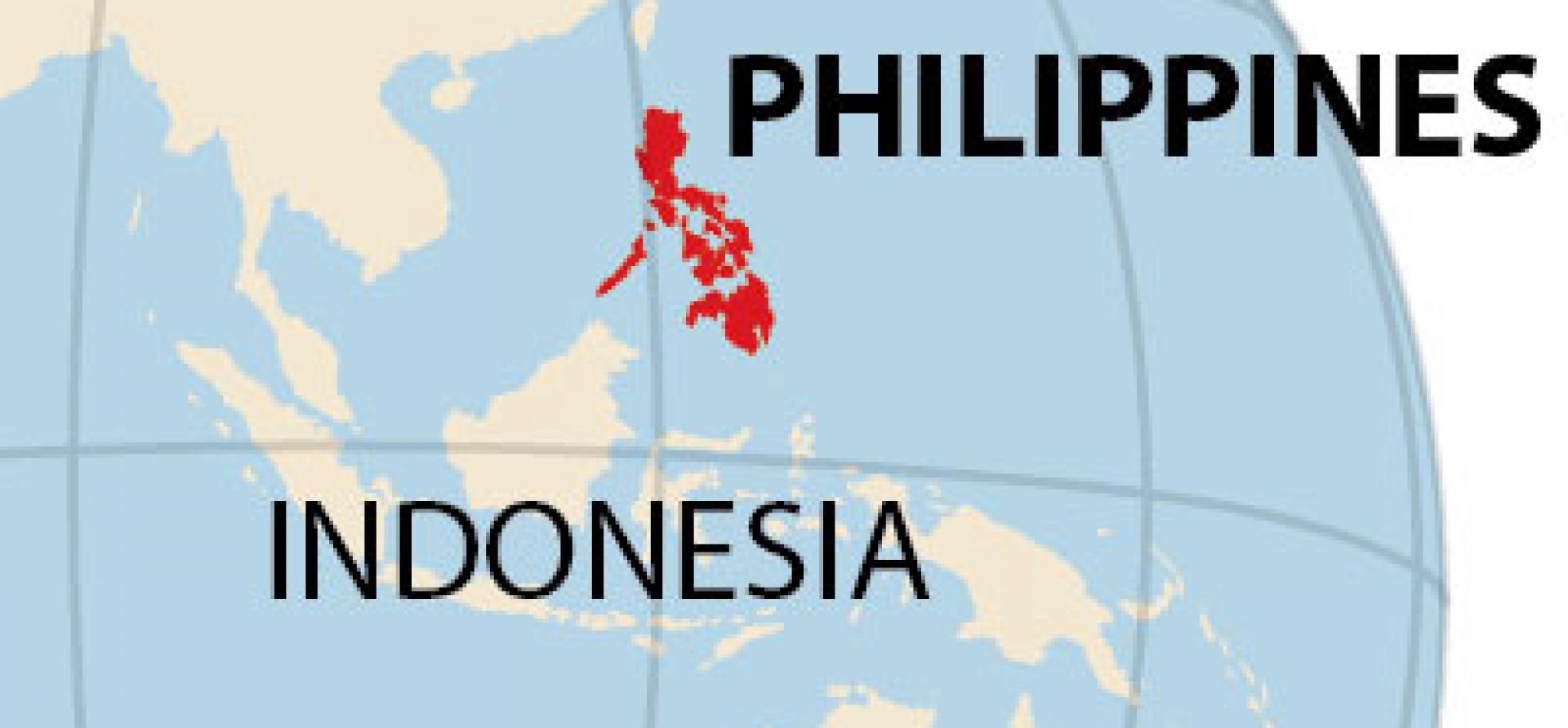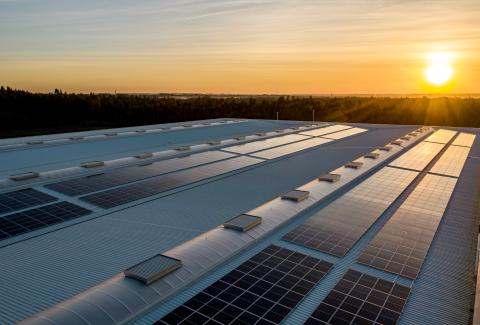IEEFA Update: New Philippine Coal Tax Will Drive Development of Cleaner, Cheaper Power

A 400 percent coal tax increase agreed to by legislators in the Philippines today stands to catalyze the development of cleaner and cheaper energy.
Though it requires presidential approval, the shift is a welcome sign of government openness to weaning the country off its dependence on expensive fossil fuels.
It makes economic common sense too.
The increase would generate almost US$15 million (Php 750 million) in new tax revenues in 2018, $30 million (Php 1.5 billion) in 2019, and $45 million (Php 2.25 billion) in 2020.
This revenue stream could be channeled into much-needed infrastructure investments, especially especially in grid infrastructure upgrades and demand-response management systems.
Dramatic declines in the cost of renewables in recent years mean that solar and wind are already the least-cost options for electricity-generation expansion, even though the Philippine government is still considering an ill-advised US$21 billion gamble on 10,000 gigawatts of new coal-fired power stations. (Research we have published over the past year or so describes how this coal-expansion campaign will in all likelihood create enormous stranded assets).
A more prudent public-policy course would have that 10,000-gigawatt coal-plant pipeline replaced by technology-neutral options that would include geothermal, natural gas, solar, wind, hydro, and biomass. A timely shift would allow for the deployment of these cheaper sources of generation without creating delays around power supply agreement approvals.
RENEWABLE ENERGY DEVELOPMENT IS CHEAPER NOW than embarking on construction of new coal plants. Diesel generation costs in the Philippines costs between Php 15 and Php 28 per kilowatt-hour, and coal generation runs between Php 3.8 and Php 5.5, while the Philippine utility Meralco, by comparison, is underwriting a current solar power supply deal that will cost Php 2.99 per kilowatt-hour. Geothermal generation projects are awaiting Energy Regulatory Commission approval at prices of Php 3.91 to Php 4.06 per kilowatt-hour.
A signal meant to encourage investment in affordable and reliable power infrastructure.
Coal prices have doubled to about $100 per ton recently, compared to less than $50 in 2016, a trend that highlights how the Philippines puts its national energy security at risk by pursuing policies that continue its reliance on imported coal. Given that the Philippines is projected by the International Energy Agency to import 35 million tonnes of coal per year by 2021, its current account deficits could increase by $1.75 billion per year by 2021.
The Philippines already pays among the highest electricity prices among the 10-member Association of Southeast Asian Nations (ASEAN), and its reliance on coal is holding back industrialization, limiting overall competitiveness, worsening the fiscal condition of the government, and undermining the ability of the Philippine economy to attract foreign direct investments.
A coal tax increase would send a clear, long-term policy signal encouraging investment in affordable and reliable power infrastructure, building diversity of electricity generation and baking in long-term energy sector deflation.
It would also be a signal to investors in ASEAN economies that the Philippines can lead a regional transition now toward more affordable power and modern infrastructure.
It’s good news for consumers, who will benefit as a result from cleaner and cheaper energy in the future.
Sara Jane Ahmed is an IEEFA energy finance analyst.
RELATED ITEMS:
IEEFA Report: Raising the Philippine Coal Tax Makes Sense
IEEFA Report: Philippine Banking Sector at Risk in Ill-Advised US$21 Billion Expansion of Coal Fleet















